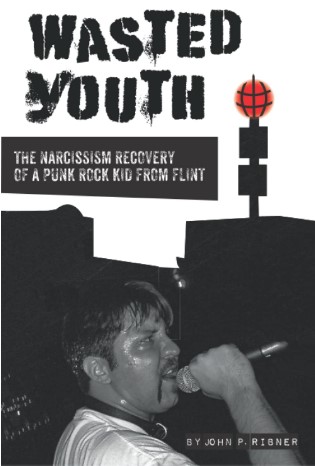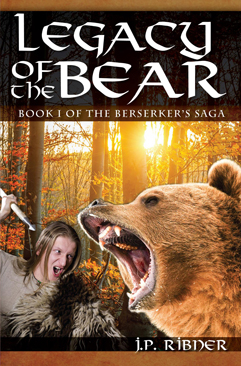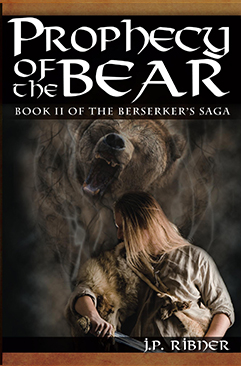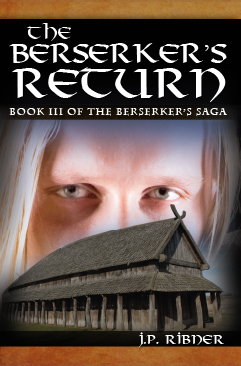Who wouldn’t want to check out an influential album recommended by the lead singer/bassist of Cro Mags?
Okay, to be fair, Harley didn’t just tell ME to check out “Medusa” by the band Trapeze. He told everyone who follows him on Facebook to do this. Here’s his post from today (August 29, 2023):
“I have turned a lot of people onto this album over the years… Now I’m gonna tell you about it. The band TRAPEZE, the album ‘Medusa’. It is an absolute CLASSIC that most people have never heard. First time I heard the song “Jury,” I thought it was a Judas Priest outtake from like ‘Sad Wings of Destiny’ or something. Little did I realize it pre-dated Judas Priest and had Dave Holland of Priest on drums, Glen Hughes (Deep Purple) on bass and vocals, and Mel Galley on guitar. As you listen to this album, you will hear so many riffs that had to inspire many of the upcoming bands of the era. You even hear what sounds a LOT like the Black Sabbath triad. These guys were ahead of their time in so many ways. This was 1970. This is definitely an album worth checking out if you appreciate music. From the first song to the last one, this is a GREAT album.”
Harley played in a band that influenced me. I thought it would be cool to check out a band that influenced him. Musicians and music fans the world over know what I’m talking about. I liked this Trapeze album so much that I decided to review it here. (Yes, I know Harley’s Facebook page has a MUCH farther reach. You don’t need to remind me!)
My Overall Thoughts on “Medusa” by Trapeze
As Harley said, Trapeze Glenn Hughes of Deep Purple and Black Sabbath fame fronted this band. Before that, he and his bandmates cut this album when Glenn was just 19 years old! He certainly had plenty of talent at that tender age. On my first listen, Glenn’s vocals jumped out at me. “Soulful” was the first word that came to mind, but to me and many other music critics. Hughes shifts between wistful, Robert Plant-like phrasings to deep, blues growling akin to Paul Rodgers. Despite these similarities, Hughes imbues his work with an originality all his own.
But what does Trapeze sound like musically? In any given song, the swings between two extremes. (See what I did there?) They go from beautiful, melodic sounds to blues-drenched riffs punctuated by pounding prog-rock proclamations. If you like Led Zepplin, Mountain, and Black Sabbath, you’ll love Trapeze. Their sound will ensorcell you with its alchemic mix of inspirational ingredients. In typical ’70s prog rock fashion, these songs allow each member to highlight his take on his craft. Before too long, they all come back together to drive home the resolutions. With such a description setting the stage (pun intended), let’s take a track-by-track look at “Medusa.”
1. “Black Cloud”
This opens the album on a heavy note before shifting into a mellow fingerpicking groove. It doesn’t stay that way for long, though. Trapeze’s trademark heavy riffs – and Hughe’s powerful vocals – kick in after just a few bars. The band alternates between these themes to give the song some variance. All the while, they use heavy riffs, powerful drums, and even a touch of cowbell to carry it through.
I have one criticism of this song, but it’s a small one. The lyrics aren’t as complex or concise as they could have been. Generally speaking, it’s rare to see a band marry killer riffs with complex, intriguing lyrics. Oftentimes, one gets sacrificed for the other. In this case, Trapeze focused on riffs.
2. “Jury”
The second song is the one Harley mentioned in his Facebook post. I take it this was his introduction to Trapeze. This one starts slow and melancholy before launching into a bottom-heavy riff that would make Black Sabbath jealous. The band upped the ante on the lyrics this time with a thought piece on the metaphors of the effects of judgement. This one has some interesting stops and changeups that were common to the prog-rock sounds of that era. Over it all, Glenn Hughes’ vocals lead us trancelike through this gloomy meditation. Some excellent guitar leads from Mel Galley complement Hughes’ falsetto vocals. A pounding percussion from Dave Holland keeps things tight and moving along.
3. “Your Love Is Alright”
If rock songs from the 1970s are any indication, love was the be-all, end-all of the decade. Trapeze pays homage to rock n’ roll’s love affair with love itself with this standout. In “Your Love Is Alright,” the band leads into the premise with a jaunty riff and cymbal gallop. This is all a build-up to the times the band comes together to add a healthy dose of heavy to this otherwise upbeat song.
Similar to “Black Cloud,” this song’s lyrics are a touch on the simple side. In it, Hughes proclaims, “Well thunder bolts can’t keep me away. You give your love to which I pay.” To which I pay? Surely he could’ve come up with something better. That said, this is still a decent little timepiece that captures the essence of an era.
4. “Touch My Life”
For many young men, the task of finding love seems like an endless quest. Here, Trapeze captures the elation of finding someone at the end of such an arduous journey. It starts with a slinky guitar riff. Hughes’ piercing voice then tells us that he’s “been waiting for so long for love to touch [his] life.” The song swings between pounding on single notes and that slinky signature riff. (I did it again.)
Once again, we’re treated to some well-placed double guitar solo work from Mel Galley here. The song also takes many musical twists and turns as Hughes continues to signify the power of love. This all leads to what you think is a big ending that is right up there with similar booms and crashes from The Who.
5. “Seafull”
Not sure what a “seafull” is, but it seems like a unique metaphor for sex and morning-after regret. At least that’s what I think I’ve discerned after reading the song’s lyrics. Whatever Glenn Hughes is talking about, he does it in style. This is mostly thanks to the eerie yet heavy musical styles of himself, Mel Galley, and Dave Holland.
The more I listen to it, the more I believe that listeners aren’t supposed to pay too much attention to the lyrics. This is a thinking song… a drinking song… a song to help you get right with the sorrows that burden your mind and heart. It’s best listened to when you’re alone and in a pensive mood. Kick back and let Glenn and the boys will help you figure it out.
6. “Makes You Wanna Cry”
This one comes in with a funky, almost Beatles-like intro riff. In the most straightforward song on this album, Hughes bemoans a world that’s dying mid-bloom that “makes you wanna cry.” In perhaps a throwback to the 1960s decade, he urges listeners to “live for today.” All the while, Hughes reminds us of the sad state of the world as he must have viewed it when this song was recorded.
The angst and frustrations of a younger generation left to pick up the messes made by the previous generations is a tale as old as time. It’s also the clarion call of conscious rockers since at least the 1960s. While Mel Galley, who wrote the song, is not a lyricist on par with Bob Dylan, he does a decent job here. Luckily, he has Hughes and Holland to help him carry on that torch with this number.
7. “Medusa”
The title track is a heavy number with pounding, hypnotic blues riffs and heavy backbeat. Hughes’ shamanic vocals are once again complemented by Galley’s solo work… but only for a little bit. While the other songs on this album fit squarely within the epic lengths, “Medusa” comes in at under four minutes long. That’s practically punk by prog-rock standards. Still, a great song and a great way to end this intriguing album.
Side note: Hughes wrote this song. In it, he describes the mythical Medusa as “the one with the head of fire.” Anyone who’s seen “Clash of the Titans” knows where he went wrong there. With that said, this album is good enough for this mythos buff to overlook this small but significant oversight.
Check out “Medusa” by Trapeze
You can listen to the entire album on YouTube. That said, this album is better owned than streamed through a desktop or (gasp) a cellphone. I know I described “Seafull” as a song to just sit back alone and listen to, but all of “Medusa” has that vibe. I long to get it on vinyl and listen to it in my study with the lights turned off. Only the soft glow of my stereo’s LED lights would illuminate me, just as it should be. I long to kick back and hear the vinyl crackle alongside the band’s powerful sounds. I hope you do, too.
I’m glad I listened to Harley Flanagan about this album. Too bad I didn’t pay attention to the lyrics to “Hard Times” when it came out in 1986. It would have prevented SO MUCH senseless suffering on my part.
Did You Like What You Read?
Check out my memoir, “Wasted Youth: The Narcissism Recovery of a Punk Rock Kid From Flint.” I thought music was my escape from my dysfunctional childhood but I was having problems wherever I went. I blamed everyone but myself. When that didn’t work, I lashed out at the people I cared about. Then one day, I got punched in the face by the ugly truth about myself. It knocked me out of my shortcomings and into self-discovery. It’s from this place that I share my cautionary tale. I hope it helps anyone suffering the scars of childhood trauma.





